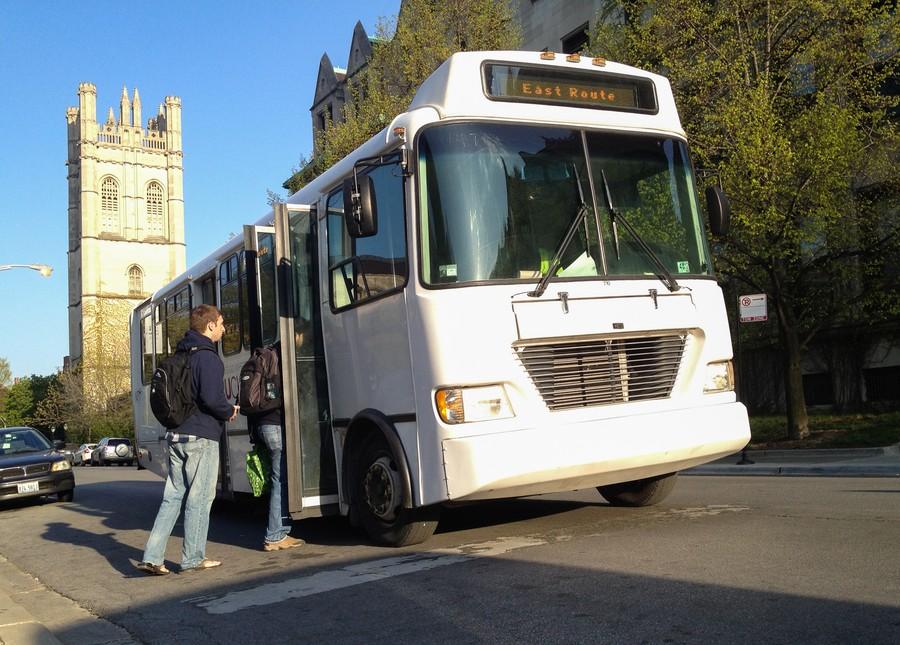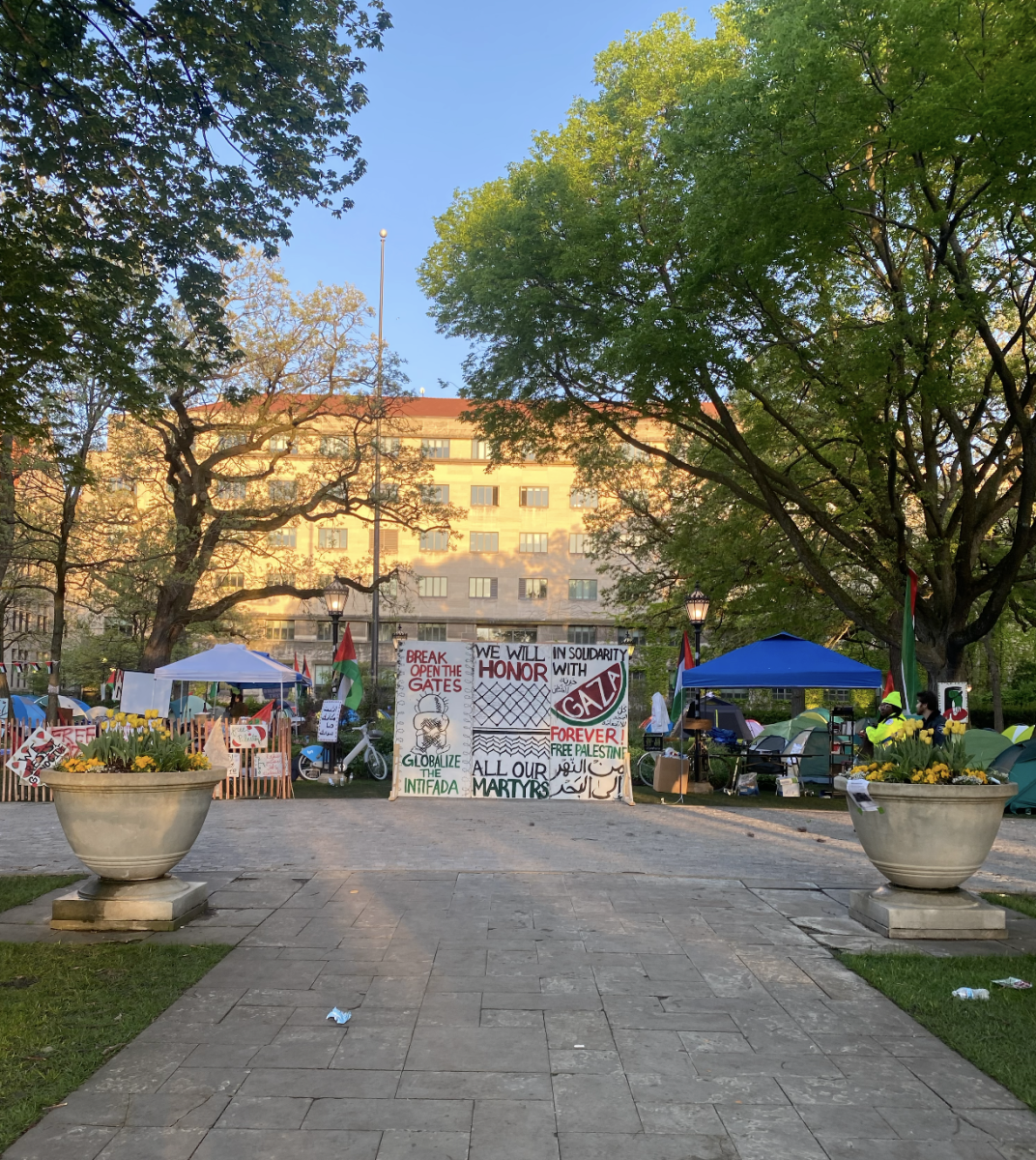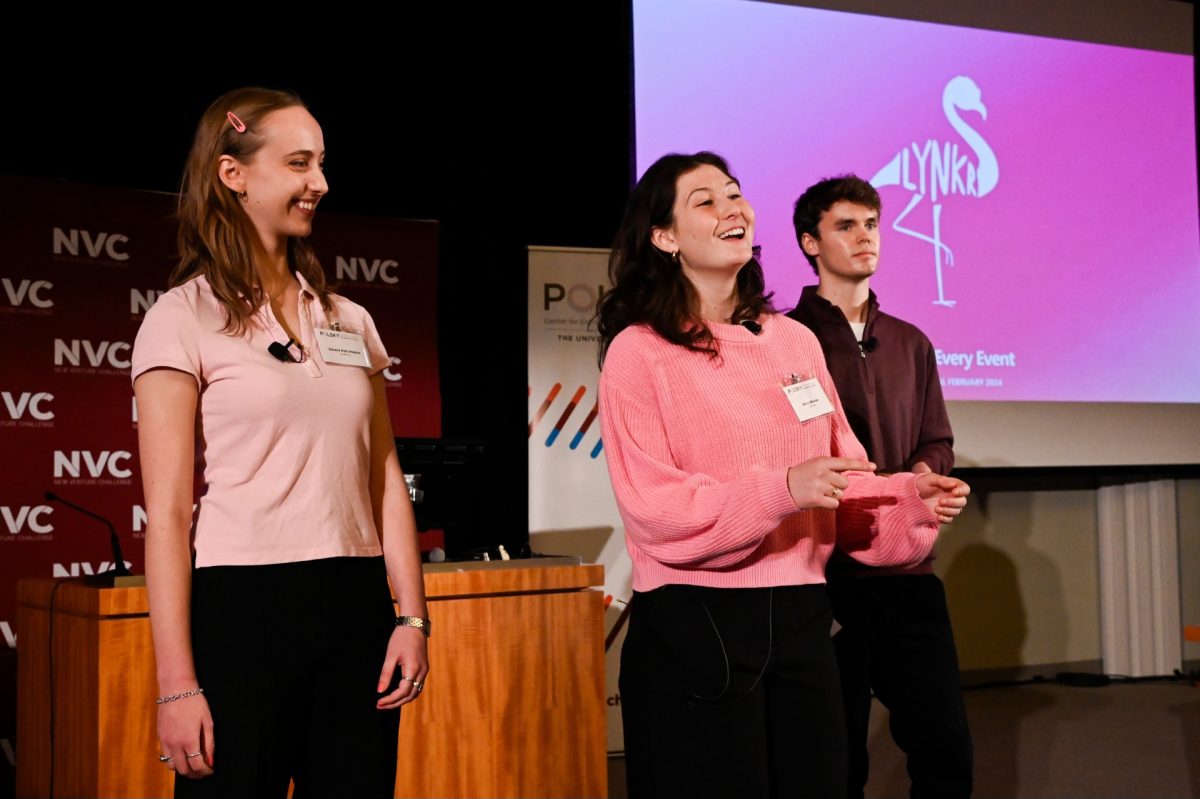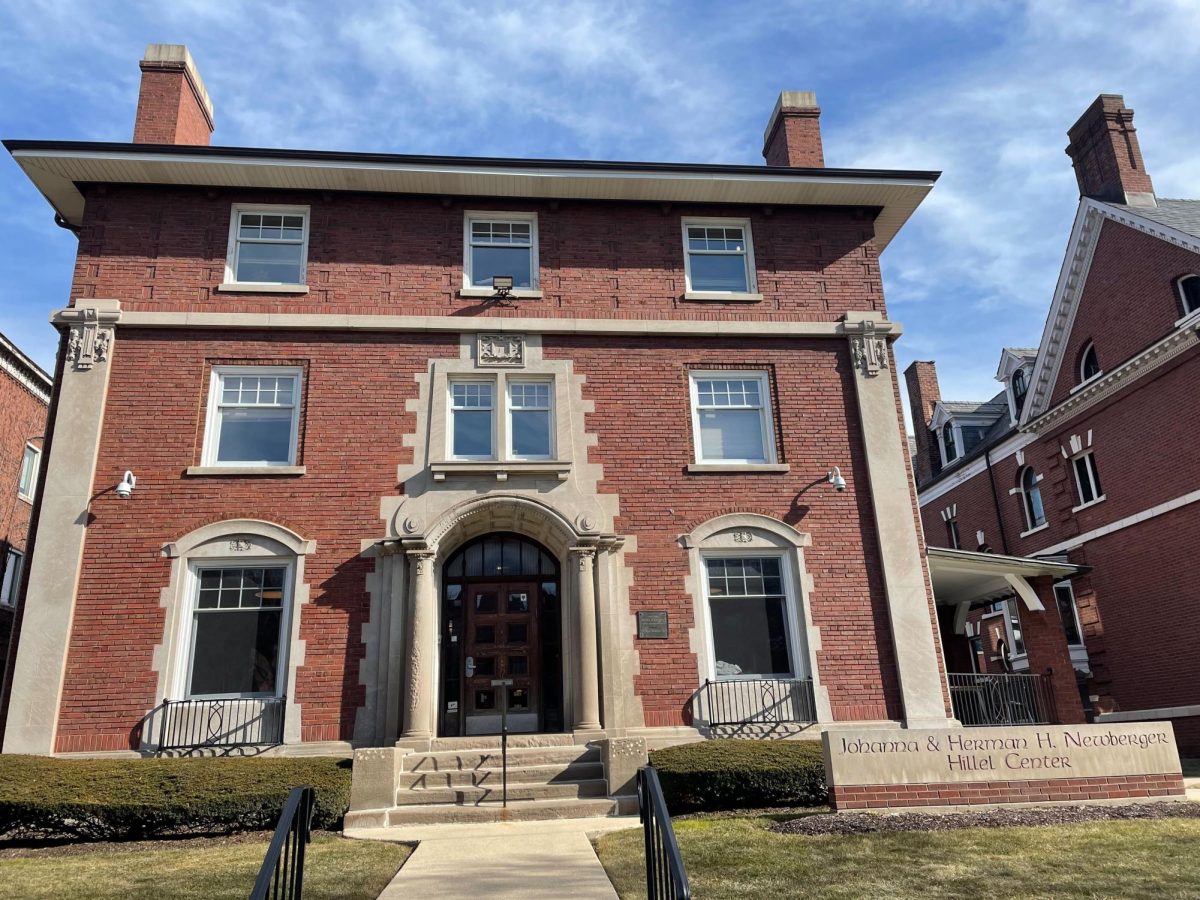In May of last year, the University announced, to little fanfare, that it was establishing its inaugural Public Safety Advisory Council. Composed of decorated academics, passionate community members, and students (myself included), it was intended to create a forum for assessing campus security. Part of our charter includes working alongside the University of Chicago Police Department (UCPD) to promote “[…] awareness and understanding of the University’s safety and security services.” This announcement came after a particularly difficult year for Hyde Park that was marked by the shootings and the resulting deaths of two graduate students.
Six months later, and you probably still haven’t heard of us. Aside from a campus-wide survey that we are outsourcing to a private research firm, and a handful of forums (and canceled forums) that you probably didn’t attend, the real purpose of this council lies in its symbolism and ability to deflect criticism.
Assemble intellectual firepower, prominent community members, and police abolitionists and task them to work within the very system they have sought to disrupt. We can feel important—perhaps even placated—once our work has been ordained by an institution like the University of Chicago.
Then there is the legitimizing function of our existence: “Yes, the system works! We have assembled a brilliant group of people working to ensure public safety! With their help, our police will be more effective at preventing crime!”
This couldn’t be further from the truth. Just yesterday, student organizers from UChicago United for Palestine were arrested for a peaceful sit-in. After weeks of asking for a public meeting discussing the University’s investment in Israel to no response, they occupied Rosenwald Hall. Organizers were subsequently arrested, then charged with Class B misdemeanors—and denied a legal observer in the process.
If you were there watching this, you would have noticed ten cop cars parked in front of the quad. Nearly a dozen officers. This was an eerie requiem of body-cam footage I’ve assessed on official police review boards. So many cops, and for what? To intimidate student-organizers with nothing but their voices, signs, and banners?
Even when organizers do not stage sit-ins, they are subject to similar treatment. On November 6, numerous police officers were present for a peaceful blockade of Levi Hall. Deans-on-call asked students for identification. An unidentified university employee even threatened that it was “time to get them [the organizers] arrested. ”
This harsh response from our university naturally raises the question: Are these organizers really a threat to student safety? If not them, then who is?
This situation is but the most recent example that perhaps our police force is the real danger here. In 2010, UCPD officers arrested fourth-year Mauriece Dawson for “making too much noise” in the A-Level of the Regenstein Library. He was put in a chokehold, spent a night in jail, and was charged with criminal trespass and resisting arrest. Recall that this is the A-Level that has hosted fraternity brothers performing embarrassingly-public pledging tasks, acapella serenades, and impassioned discussions about the distinction between soups and cereals. Perhaps you were even a part of the late-night disruption.
But Dawson is Black, and UCPD has a history of racial profiling. Long-time Black residents recount being stopped or followed by officers for no apparent reason. Some—like Jamel Triggs—recall being handcuffed and pushed against the curb. Anecdotal accounts like these are supported by data. The Chicago Reporter, a periodical devoted to investigating racial and economic inequality, found that “African Americans make up approximately 59 percent of the population in UCPD’s patrol area but 93 percent of UCPD’s field interviews.”
Other incidents come to mind as well. In 2013, UCPD officers went undercover to “infiltrate” a rally for the now-established Trauma Center at UChicago medicine. During this same string of rallies, UCPD officers arrested multiple protesters and shoved others to the ground. Ph.D. student Toussaint Lossier was also, allegedly, choked with a baton. In 2018, biracial fourth-year Soji Thomas was shot by a UCPD officer during a mental-health episode. To this day, he still has a bullet lodged in his shoulder.
In the fall of 2022, I recall walking home from the library and passing a stationed UCPD patrol car. The officer rolled his window down real slow, grinning: “I like your hairstyle, baby.” I stammered something unintelligible in response. Maybe it was a ‘thank you?’ I’m uncertain. I awkwardly laughed it off with friends. But later that night, I took my hair out of its bun.
And now we are in 2023. UCPD is still arresting protesters, making students of color feel unsafe, and perhaps even catcalling women. Thus, the question persists: UCPD, who are you actually protecting? It sure as hell ain’t us.
Mónica Ruiz House is a fourth-year at the College, where she majors in Latine Studies, Spanish, Sociology, and Law Letters. She has previously served on UCPD’s independent review committee assessing reports of police misconduct and worked on DefundCPD’s 20th ward referendum.












